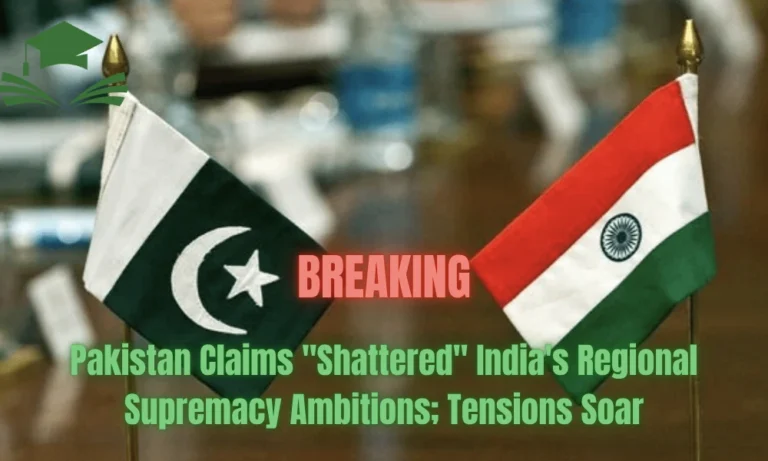The pages of Islamic history offer a profound and enduring lesson: the sedition of the Khawarij (Fitna al-Khawarij), despite its violent fervor and divisive ideology, was ultimately doomed to fail.
Emerging during the caliphate of Ali ibn Abi Talib (RA), the Khawarij rebelled under the banner of extremism, declaring fellow Muslims apostates and fracturing the nascent unity of the Ummah. Their defining traits – rigid literalism, intolerance of dissent, and readiness to spill Muslim blood – became their fatal flaws.
For Taleemi Wazaif
History records not their triumph, but their spectacular implosion. Figures like Abdur Rahman ibn Muljam, the assassin of Ali (RA), epitomize their destructive path: consumed by their own fire, they achieved only infamy and oblivion.
The Khawarij movement fragmented, vanished from mainstream relevance, and stands today as a stark warning against the self-destructive nature of takfiri ideology and internal schism. Their fitna failed because it inherently devoured its own, severed communal bonds essential for survival, and stood in fundamental opposition to the broader principles of Islamic justice, mercy, and unity.
This historical precedent resonates powerfully in the contemporary context of Pakistan. Here, the term “India” transcends mere geography; it embodies a persistent, multifaceted campaign aimed at Pakistan’s destabilization. This campaign manifests through:
- Active Sponsorship of Terrorism: Supporting violent non-state actors to inflict carnage within Pakistani cities and erode state authority.
- Information Warfare & Propaganda: Relentlessly amplifying internal fissures, spreading disinformation, and manipulating narratives to sow discord and undermine national morale.
- Exploiting Ethnic & Sectarian Fault Lines: Providing resources and encouragement to fringe elements to ignite internal conflicts and divert national focus.
- Strategic Encirclement & Diplomatic Pressure: Working internationally to isolate Pakistan economically and diplomatically.
Asserting that “India will not be allowed to succeed in any case” is thus a declaration grounded in both historical awareness and national resolve. Just as the Khawarij’s internal sedition was overcome, Pakistan possesses the inherent strength and consciousness to thwart external subversion. This requires:
- Uncompromising National Unity: Transcending political, ethnic, and sectarian differences to present an impregnable front against the common external threat. Division is the enemy’s oxygen.
- Robust Security & Intelligence: Continuously enhancing capabilities to detect, dismantle, and defeat hostile networks operating within or directed from abroad.
- Resilience Against Propaganda: Cultivating media literacy, critical thinking, and unwavering patriotism to neutralize disinformation campaigns.
- Socio-Economic Fortitude: Building a strong, self-reliant economy and addressing internal grievances to remove vulnerabilities exploitable by adversaries.
The historical failure of the Khawarij’s destructive fitna serves as both a warning and an inspiration. It warns of the perils of internal discord and extremist ideologies that weaken from within.
Simultaneously, it inspires confidence that well-organized, ideologically motivated attempts to fracture a nation from outside, like India’s persistent efforts, are similarly destined to fail.
Pakistan’s resilience, forged in history and affirmed by the will of its people, ensures that neither the specter of Kharijite-like division nor the machinations of its eastern adversary will be permitted victory. The nation’s survival and sovereignty depend on this unwavering vigilance and unity.



